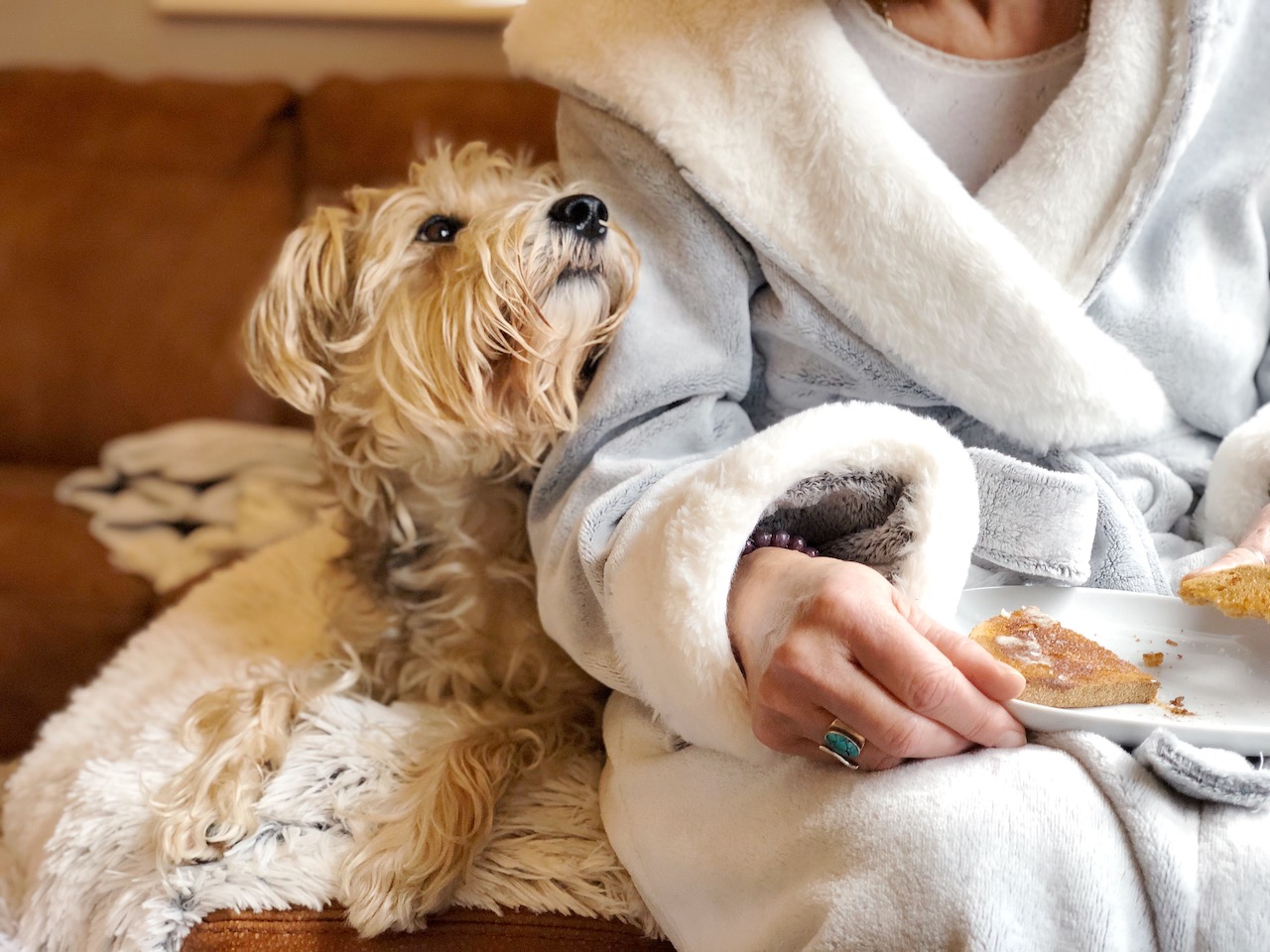We spoke to tails.com behaviourist, Carolyn Menteith, to find out what makes a good dog behaviourist – and how to find the right behaviourist for you and your dog.
“We all have dreams of owning the perfect dog. Our canine best friend who hangs on our every word and is the envy of all we meet. The reality of course is that there is no more a ‘perfect dog’ then there is a ‘perfect partner’ but sometimes those little quirks and foibles become something more serious and you realise you need some professional help. Or maybe you just want to find someone who will help you with your dog’s training and give them some experience of working with you around other dogs.”
Trainer or behaviourist?
“There are endless arguments in the dog world about the difference between the two and there is definitely some crossover but a very simplistic rule of thumb is if you want to teach your dog how to do something, you need a trainer. If your dog is already doing something you don’t want them to do, you need a behaviourist.
So, if you want your dog to sit when you ask, come back when you call or walk nicely on the lead, that is a job for a trainer. If your dog howls when you leave them, hides under the bed during thunderstorms or threatens your visitors with growls or even teeth, then those are behaviours you would like to change and so you need a behaviourist.”
Where to find a reliable professional
“This is where it gets tricky. Both behaviour and training are non-regulated professions. This means that absolutely anyone can legally say they are a trainer or a behaviourist. They don’t have to have had any training, any experience or have any qualifications. Don’t be sucked in by flashy websites, a high media presence or convincing words either – that’s purely about their skills at marketing and not about their abilities to be able to help you and your dog.
As with any other profession, look for someone who belongs to a training or behaviour organisation who assess and accredit their members. There are plenty of good trainers who don’t belong to an organisation but you have no way of judging this – plus an organisation will give you the security of knowing their members are trained and qualified – and that there is some external oversight and accountability.”
Check their credentials
“This isn’t a failsafe guarantee however as some ‘professionals’ set up their own organisations and assess themselves – as yes, you’ve guessed it… that isn’t regulated either! To be certain, look at those organisations that belong to a wider umbrella group that will make sure the organisations themselves are adhering to a professional, accountable standard, are using appropriate and effective methodology, and that their members really can walk the walk and not just talk the very convincing talk.
The two main umbrella groups are the UK Dog Training and Behaviour Charter and the Animal Behaviour and Training Council and you can find the organisations that are members on their respective websites.”
Do your research
There is some great information to be found on the internet – and some dangerous, inhumane or outdated advice on there too. Take internet advice from people who belong to the above organisations and ignore the rest (or certainly take it with a pinch of salt no matter how convincing it might sound).
Don’t wait
Behaviour problems are far more easily and successfully solved when they have only just started happening rather than when they become a habitual behaviour strategy.
Don’t ever feel embarrassed about your dog’s behaviour either. A good behaviourist or trainer will have heard it all, and our job is to work with you to improve the relationship you have with your dog and help you have that canine best friend you always dreamt of.

